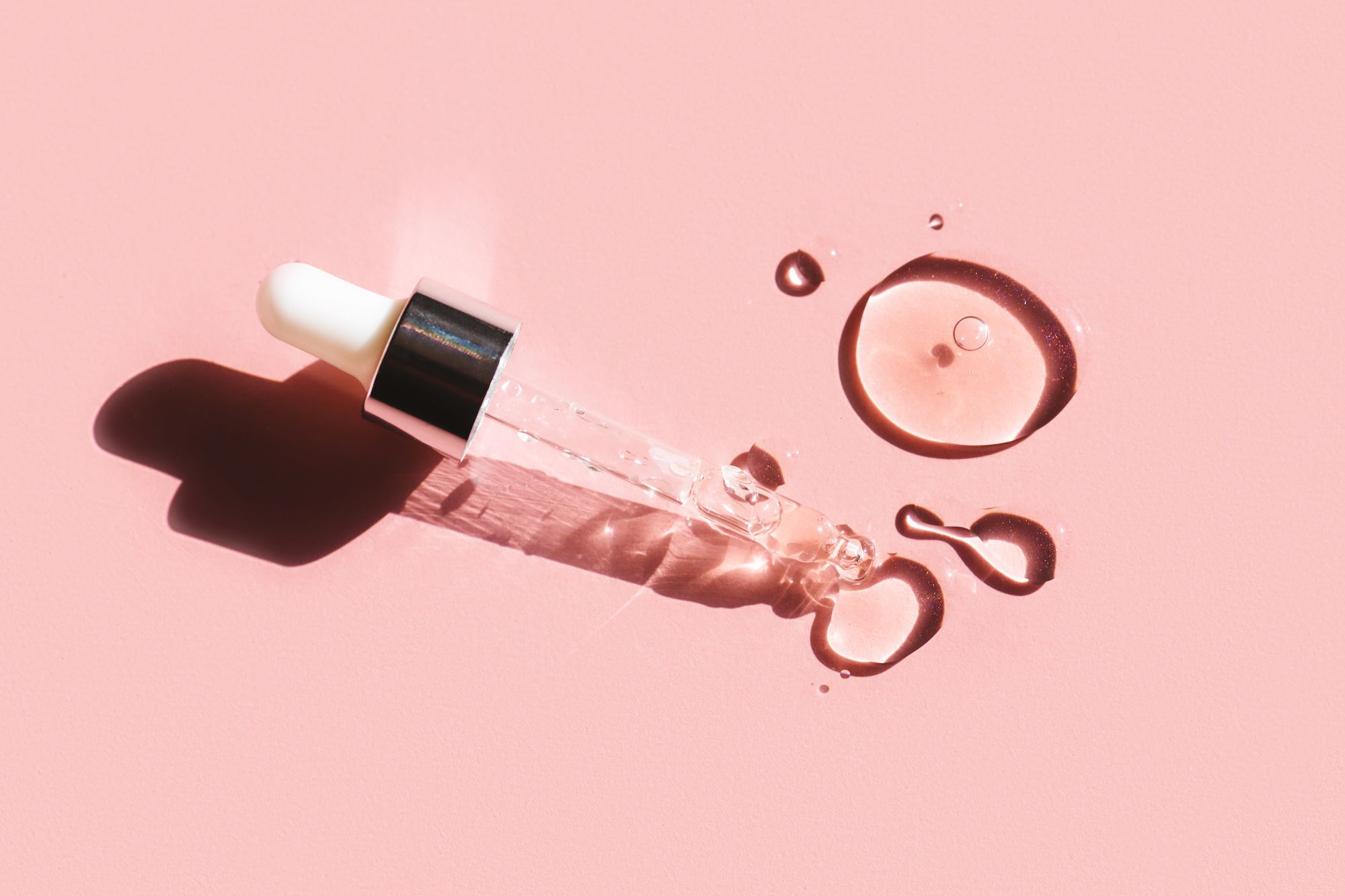Learn the basics of hyaluronic acid––including what it is, how it benefits your skin and the expert-recommended products to try––with our beginners guide
Commonly found in moisturisers, serums and sheet masks, hyaluronic acid is known to be a miracle worker for dry and tired skin, hailed for its ability to hydrate and plump. Although labelled as an ‘acid’, those with sensitive skin don’t have to worry about this hero product as––unlike exfoliating acids such as alpha or beta hydroxy acid (AHA/BHA)––it doesn’t dry out or strip the skin.
To learn more about hyaluronic acid, we turned to the experts to find out exactly what is does to skin, how best to incorporate it into your skincare regime and the products to try.
See also: 5 Overnight Masks That Will Repair Your Skin While You Sleep
What is Hyaluronic acid?
First things first, what even is hyaluronic acid?
Ignore the slightly scary sounding name––“hyaluronic acid is a sugar molecule that occurs naturally in the skin. It helps to bind water to collagen, trapping it in the skin, so that skin can appear plumper, dewier and more hydrated”, states board-certified dermatologist Tsippora Shainhouse.
See also: Everything To Know About Vitamin C Serums––Plus, The Top-Rated Products To Buy
What does it do to skin?
“The goal of HA topically is to improve skin hydration, elasticity and decrease wrinkle depth” explains Erum Ilyas, President & Founder of Montgomery Dermatology and CEO & Founder of AmberNoon.
Continuing, Ilyas states that “HA can attract and retain moisture in the skin.”, but warns that “it’s not really an ‘anti-aging’ product––it’s action is misunderstood by people who opt to use it.”
As hyaluronic acid can be used topically––in creams, serums and moisturisers––or injected into the skin, it’s important to understand the differences in these functions and how the ingredient performs.
“It is a bit misleading because many people think that hyaluronic acid on the skin will provide the same effect as when it is injected into the skin as we do with fillers” explains Ilyas. “This is not the case. Hyaluronic acid applied on the skin does not fill under the skin. It actually draws moisture to it and hydrates the skin at the surface so effectively it can give the appearance of minimising fine lines and wrinkles. In spite of these common misconceptions it’s a wonderful dry skin product.”
See also: 5 Facial Cleansing Brushes to Replace Your Clarisonic

